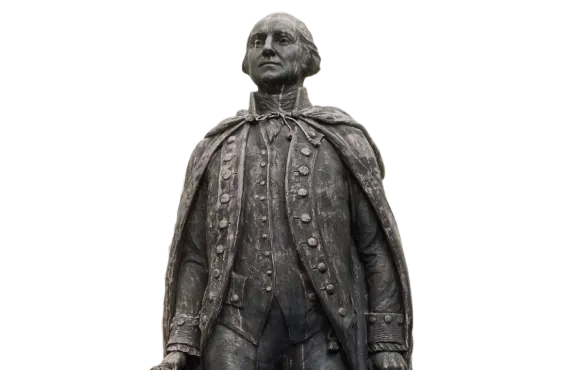Eligible ECO Courses offered Spring 2026:
ECO 321 Public Economics, ECO 324 Labor Economics, ECO 333K Development Economics, ECO 353K Antitrust Law and Economics, and 354M Experimental Economics
Eligible PHL Courses offered Spring 2026:
PHL 318K Introduction to Political Philosophy, PHL 325K Ethical Theories, PHL 342 Political Philosphy, Topic 1 – Natural Law (same as CIV 363), PHL 347 Philosophy of Law
Eligible GOV Courses offered Spring 2026:
GOV 314E, Classics of Social and Political Thought, GOV 320N, United States Constitutional Development: Rights, GOV 335D, Natural Law Theory (same as CIV 363), GOV 350K, Statistical Analysis in Political Science, GOV 351C, The Classical Quest for Justice, GOV 351D, The Theoretical Foundations of Modern Politics, GOV 351G, Critics of Modern Liberalism, GOV 351L, Morality and Politics, GOV 355J, Human Behavior as Rational Action, GOV 357C, Constitutional Interpretation, GOV 366G, British Politics and Government.



